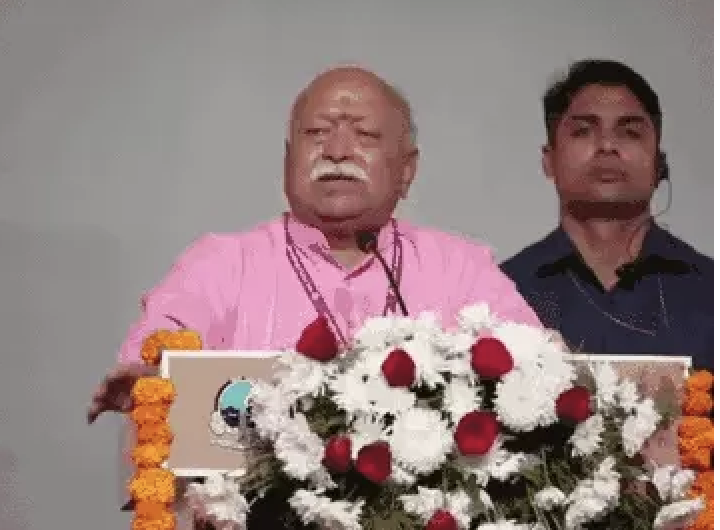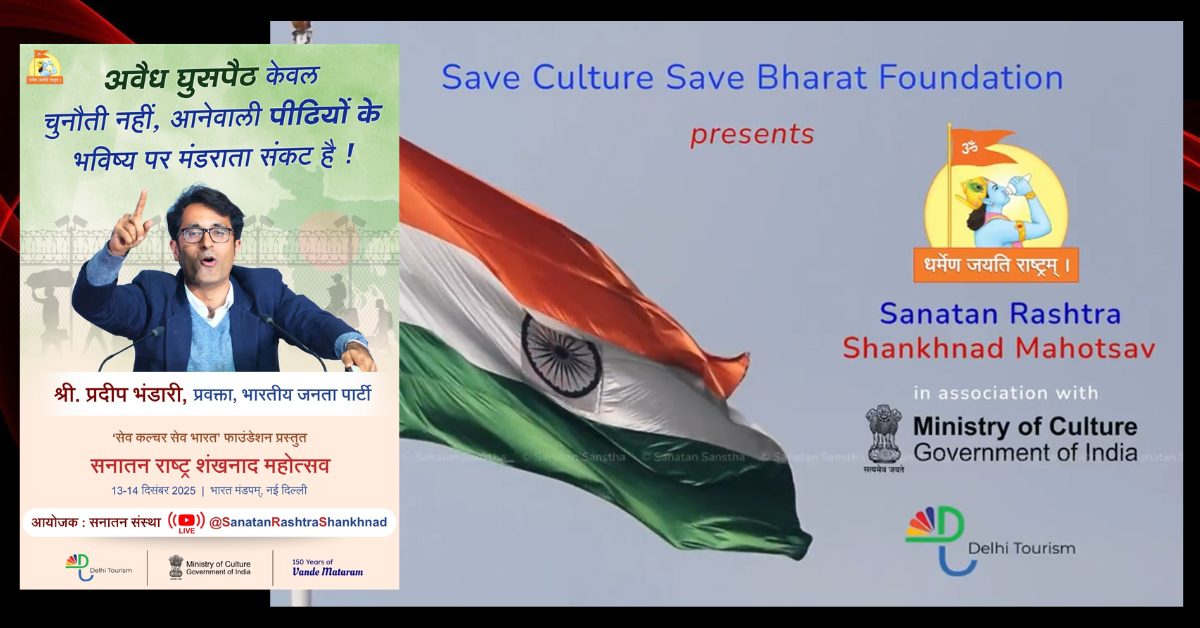
‘The red flags should have been as conspicuous as a traditional Indian bride’s wedding lehenga’
An Indian American columnist has taken exception to “exclusionary language” used in a legislation unanimously approved by Illinois General Assembly in setting up an Indian American Advisory Council.
“The creation of a group designed to advise Gov. J.B. Pritzker on policy matters affecting the Indian community in Illinois shouldn’t be cause for concern,” notes Rummana Hussain in her column in the Chicago Sun-Times.
“But when the discombobulated text establishing such a council opens with discriminatory and false descriptors, the red flags should have been as conspicuous as a traditional Indian bride’s wedding lehenga,” writes Hussain, who is also a member of the Sun-Times Editorial Board.
”Indian” means a person descended from any of the countries of the subcontinent that are not primarily Muslim in character, including India, Bhutan, Nepal, and Sri Lanka, reads the portion of the bill the governor signed into law over the summer, she notes.
“An Indian is a native or inhabitant of India or someone of Indian descent, irrespective of his or her religious background,” Hussain points out. “And Bhutan, Nepal, and Sri Lanka are separate independent nations and their citizens don’t want to be wrongfully identified as Indians.”
“Conflating India with select parts of South Asia is misleading and offensive enough,” writes Hussain. “But then deliberately writing off the subcontinent’s countries that are “Muslim in character” — Pakistan, Bangladesh, Afghanistan and the Maldives — evokes the bigoted tone of a relatively new citizenship law in India that excludes Muslim immigrants.”
“There appears to be intent to ‘construct a new social identity’ that could further marginalize Indian Muslims and leave them wondering if the council would be a safe space,” Allison Skinner-Dorkenoo, an assistant professor of psychology at the University of Georgia, is cited as saying.
Mischaracterizing “who counts and doesn’t count” as an Indian also could have “downstream consequences” in shaping future policies, added Skinner-Dorkenoo, whose research focuses on how biases are established and reinforced through subtle messaging.
This story was originally published in americanbazaaronline.com . Read the full story here






